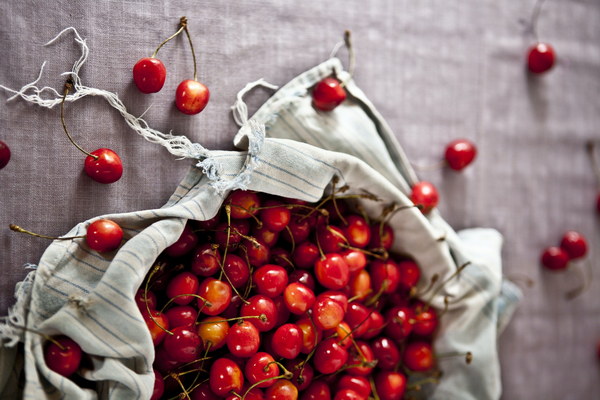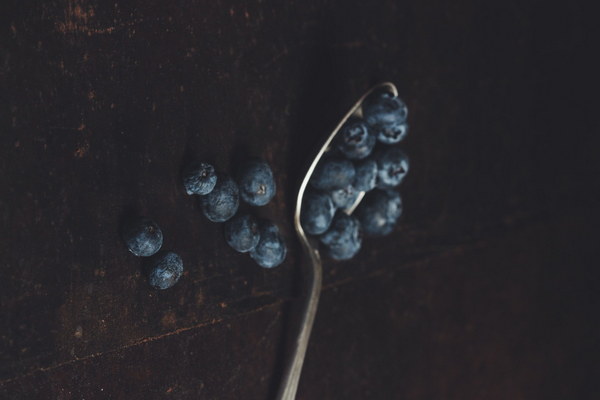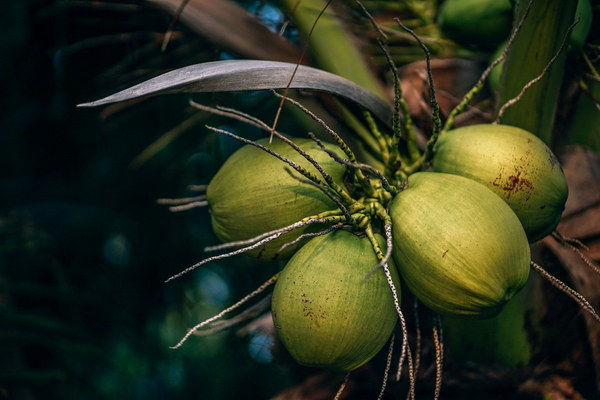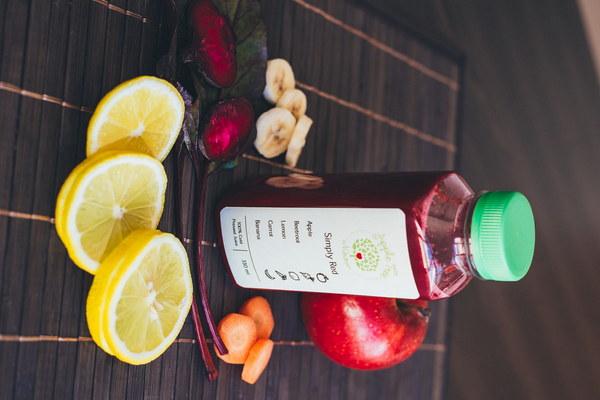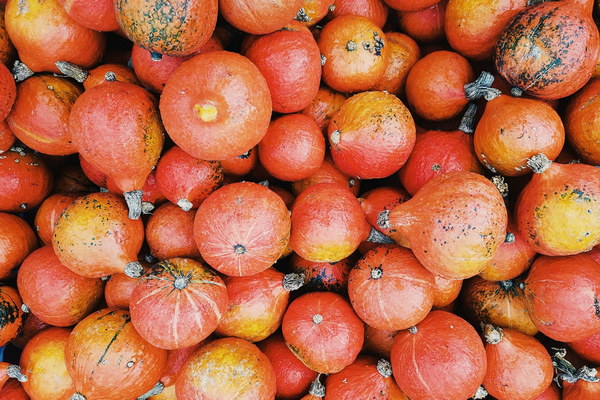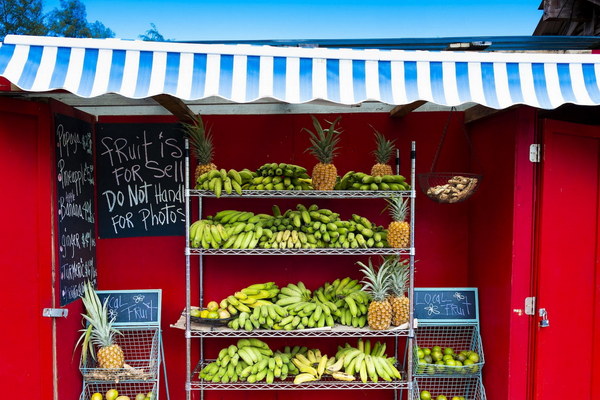Exploring the Time-Honored Tradition of Jiangxi's Herbal Moisture-Relieving Remedies
In the heart of China, where the mountains rise majestically and the rivers meander through lush valleys, lies the province of Jiangxi. Known for its breathtaking landscapes and rich cultural heritage, Jiangxi also boasts a treasure trove of traditional medicine. One of the most renowned aspects of Jiangxi's traditional medical practices is its moisture-relieving herbal remedies, which have been passed down through generations to alleviate the discomforts brought on by dampness in the body.
The concept of dampness, or Shi in Chinese medicine, is a fundamental principle that explains how external environmental factors, such as humidity and dampness, can disrupt the body's balance. When the body is overwhelmed by dampness, it can lead to a variety of ailments, including fatigue, joint pain, and digestive issues. Jiangxi's herbal moisture-relieving remedies aim to restore balance and promote overall well-being.
Herbal medicine in Jiangxi is deeply rooted in the understanding of the local flora and fauna. The region is abundant in natural resources, with numerous herbs and plants that are used for their therapeutic properties. Some of the most commonly used moisture-relieving herbs include:
1. Atractylodes macrocephala: Known as Cang Zhu, this herb is highly valued for its ability to drain dampness and strengthen the spleen. It is often used to alleviate symptoms of dampness, such as edema and fatigue.
2. Poria cocos: Also known as Fu Ling, this mushroom-like herb is renowned for its moisture-drying and blood-purifying properties. It is often used in combination with other herbs to treat damp-heat conditions.
3. Alisma orientale: Commonly known as Xiang Sha Ren, this herb is used to relieve dampness and promote digestion. It is particularly effective in treating dampness-related issues in the digestive system.
4. Atractylodes mongolica: Known as Bai Zhu, this herb is another essential moisture-relieving herb in Jiangxi's herbal medicine. It is used to drain dampness, strengthen the spleen, and boost the immune system.
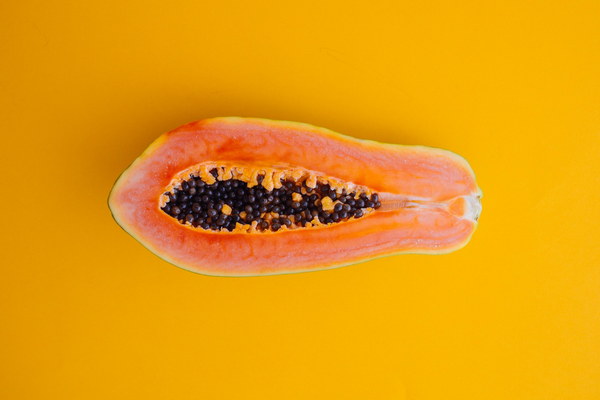
The preparation and administration of these herbal remedies in Jiangxi are both an art and a science. The herbs are typically sourced from the region's vast forests and meadows, ensuring their freshness and potency. Once collected, the herbs are carefully processed and combined according to traditional formulas.
One of the most popular herbal formulas used in Jiangxi is the Jiangxi Damp-Relieving Decoction. This formula combines a variety of moisture-relieving herbs to address different dampness-related conditions. It is often prescribed for patients suffering from chronic fatigue, joint pain, and other dampness-related symptoms.
In addition to traditional decoctions, Jiangxi's herbal moisture-relieving remedies also include topical applications and poultices. These external treatments are used to target dampness that has accumulated in the body's tissues, promoting healing and relief from discomfort.
The benefits of Jiangxi's moisture-relieving herbal remedies are not limited to the physical realm. These traditional practices also offer a sense of connection to the natural world and a holistic approach to health and wellness. By embracing the wisdom of the past, Jiangxi's herbal remedies continue to provide comfort and relief to those in need.
As the world becomes increasingly aware of the importance of natural health remedies, Jiangxi's moisture-relieving herbal traditions are gaining international recognition. More and more people are turning to these time-honored remedies to find relief from the discomforts of dampness and to promote a healthier, more balanced life.
In conclusion, Jiangxi's herbal moisture-relieving remedies represent a rich tapestry of traditional Chinese medicine. With their deep roots in the local flora and fauna, these remedies continue to offer relief and well-being to those who seek to align their bodies with the natural world. As we look to the future, it is essential to preserve and share the knowledge of these ancient practices, ensuring that the legacy of Jiangxi's herbal medicine endures for generations to come.
